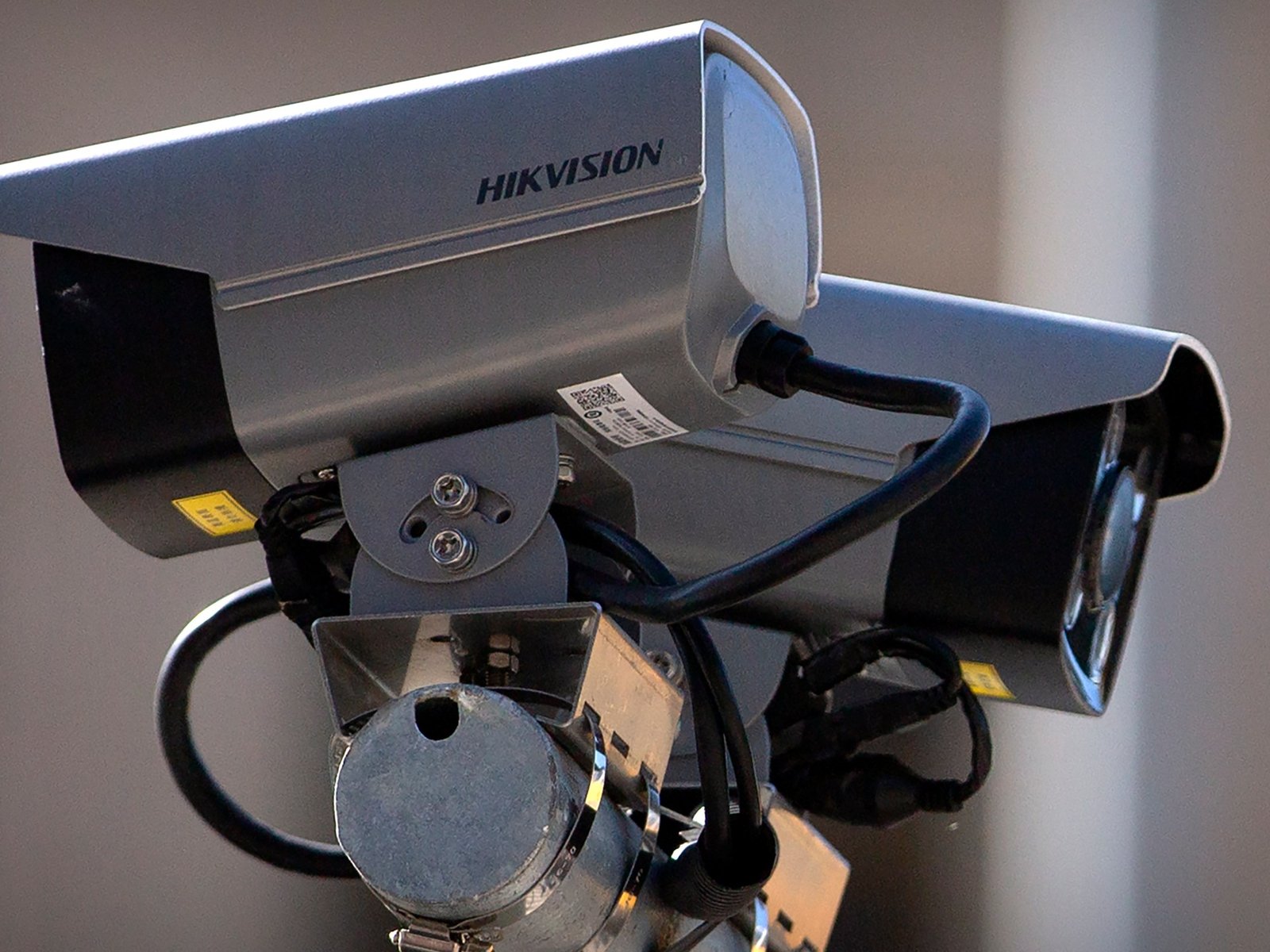Beijing’s response follows Ottawa’s announcement to halt all operations of the company within Canada.
The recent directive from Canada to shut down the operations of Chinese surveillance giant Hikvision is poised to “harm” trade relations, complicating ongoing efforts to mend diplomatic ties between the two nations, as noted by China’s Ministry of Commerce.
This statement from Beijing came shortly after Canadian Industry Minister Melanie Joly took to X (formerly Twitter) last week to declare that Hikvision Canada Inc. must end all activities, citing concerns that their continuation might pose a threat to national security.
While Joly’s announcement did not elaborate on the specific dangers linked to Hikvision’s products, she indicated that various government departments and agencies would be barred from utilizing these technologies. Additionally, a comprehensive review of existing assets would be undertaken to ensure that no legacy Hikvision products remain in use.
In its response, China accused Canada of “over-generalizing national security threats,” expressing strong discontent over the decision. The statement asserted that this move undermines the legitimate rights of Chinese firms, diminishes confidence in bi-national cooperation, and disrupts normal economic interactions between the two countries.
“China urges Canada to immediately rectify these misguided actions,” the statement continued.
Headquartered in Hangzhou, Hikvision is recognized as a global leader in security and surveillance technologies, yet it has faced intensified scrutiny due to its alleged involvement in human rights violations against the Uighur Muslim minority population in Xinjiang.
The United States added Hikvision to its 2019 blacklist of Chinese entities accused of participating in human rights abuses amid China’s extensive surveillance and repression campaigns in Xinjiang.
This latest rift marks an early challenge for China-Canada relations following Prime Minister Mark Carney’s recent electoral victory in April 2025.
In the wake of the election results, China expressed a willingness to enhance interactions with Canada, a relationship that has suffered from numerous contentious issues in recent years.
Relations took a substantial hit when a senior Chinese telecom executive was arrested in Vancouver on a U.S. warrant in December 2018, leading to Beijing’s retaliatory detainment of two Canadians on espionage charges.
The situation worsened with allegations of Chinese interference in the Canadian elections of 2019 and 2021, claims that Beijing has consistently denied.
According to Joly, the decision to prohibit Hikvision arose from a “multi-step review” based on assessments from Canadian security and intelligence agencies.

